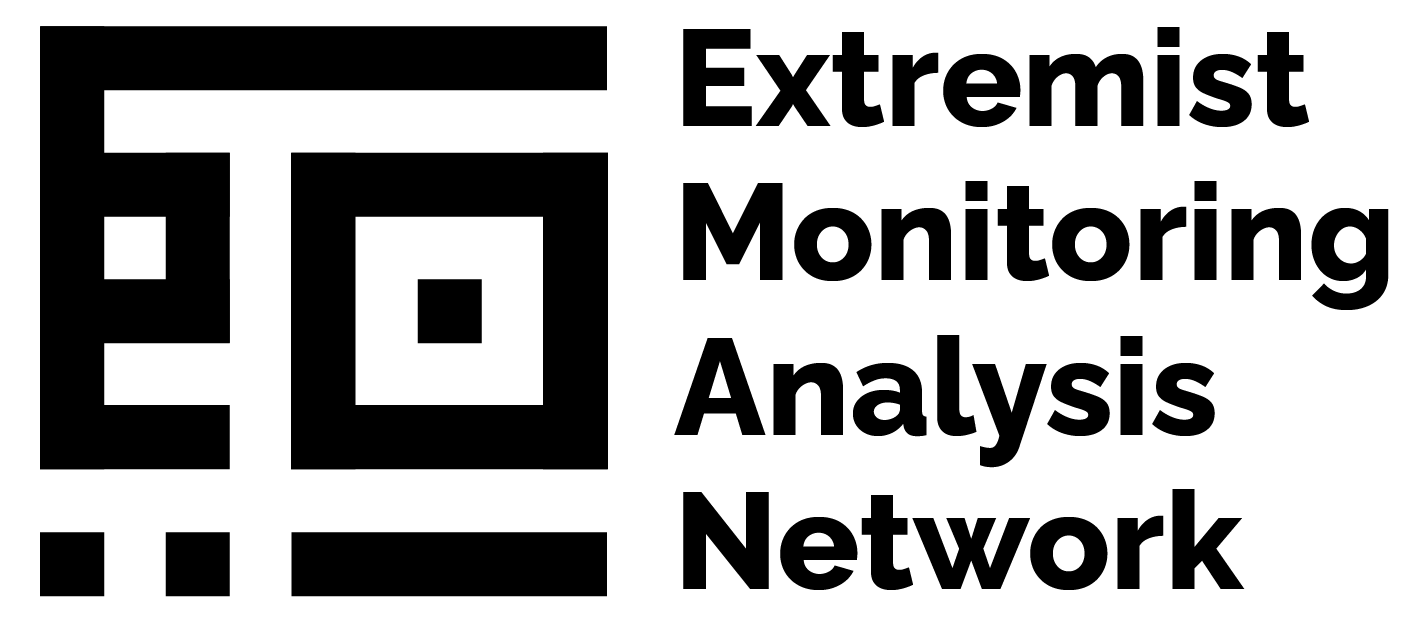Daesh-Khorasan
Other Names: ISIL–KP, ISKP ISK, IS–K, ISISK, ISIS–K, IS–KP, Daesh–Khorasan, الدولة الإسلامية – ولاية خراسان
Founded: 26 January 2015
Type: Armed Salafi-Jihadist organisation
Organisation Ideology: Salafi Jihadism/Islamic Supremacism/Takfirism/Violent Wahhabism
Country: Afghanistan, Tajikistan, Pakistan, India
Online Resources
None
None
None
None
None
Overview
The Islamic State of Iraq and the Levant, known by its Arabic acronym Daesh in Khorasan - or Daesh-K, named after an old term of the region, is an affiliate of the Islamic State of Iraq and the Levant (ISIL) active in South Asia and Central Asia. First appearing in Afghanistan in late 2014, the group announced its expansion to the Khorasan region in 2015, which encompasses parts of Iran, Central Asia, Afghanistan, and Pakistan.
Although Daesh-K and the Taliban consider each other enemies and competitors, they both belong to a similar hardline Salafi Jihadi ideology. With that said, however, the Taliban focuses solely on governing Afghanistan and has in recent years become more politically pragmatic in order to reach negotiations with regional and global powers to govern Afghanistan. According to the Stanford Center for International Security and Cooperation, Daesh-K has in the past accused the Taliban of drawing its legitimacy from a narrow ethnic and nationalistic base, rather than a universal Islamic creed. The group was founded by hardline elements of the Pakistani Taliban who fled Pakistan to Afghanistan, following a security crackdown there. Pakistan is a main regional supporter for the Afghan Taliban but has cracked down heavily on the Pakistani Taliban - which shares little affinity to its Afghan counterpart.
Following Daesh’s successful blitz across swathes of Iraq and Syria in 2014, the transnational terror group established other ‘branches’, including Daesh-Sub Saharan Africa, Daesh in the Arabian Peninsula, and Daesh Khorasan in 2015. The group’s Khorasan affiliate established its headquarters in the eastern Afghan district of Mohmand. During their first months of rule, villagers viewed the group as a benign and positive alternative to the Taliban who compulsorily took from the local population. The Islamic State group did not even impose a tax, provided its food and shelter, initially allowed both male and female schools to remain open, claimed that they had no quarrel with the Afghan government and that they only aim to oppose the Taliban. Nevertheless, ISIS-K’s goal, in both Afghanistan and Pakistan, is to delegitimise the existing governments, exploiting sectarianism, and breaking down public trust in democracy. During the 2018 parliamentary elections in Afghanistan, the group warned citizens in Nangarhar province, “We caution the Muslims in the province from approaching election centres, and we recommend that they stay away from them so as to safeguard their blood, as these are legitimate targets for us”.
ISIS-K quickly established a reputation for extreme brutality and carried out a series of suicide bombings in Kabul and other cities against both government and foreign military targets.
Ties to Extremism
After the 2016 Islamic State-inspired attacks in Orlando, Florida, and Magnanville in France, ISIS-K released congratulatory videos celebrating the attacks against the West.
However, the group’s violence remains local. Between 2017 and 2018, ISIS-K has executed 84 attacks against civilians in Afghanistan and 11 in Pakistan. More than 800 civilians have been killed across 15 Afghanistan provinces. In Pakistan, during that period, IS-K was responsible for a large number of attacks, mainly against electoral and sectarian institutions, resulting in the death of 338 civilians.
Although since 2018, IS-K strength has declined, the group continued to plan attacks against Afghanistan, mainly against civilians and security forces including NATO troops and the Afghan military. From January 2020 to July 2021, IS-K conducted 83 attacks, resulting in 309 fatalities. Besides the civilians and the security forces, thirteen of them were against Taliban forces.
In March 2021, three female media workers were shot dead in Jalalabad (East Afghanistan), for which the group claimed responsibility.
Two months after, ISIS-K claimed a bomb explosion inside a Kabul Mosque as worshippers gathered for the Muslim ceremony of Eid al-Fitr, killing at least 12 people and injuring others.
On 26 August 2021, ISKP attacked Hamid Karzai International Airport killing at least 183 people, which made August the deadliest month for the group since July 2018.




